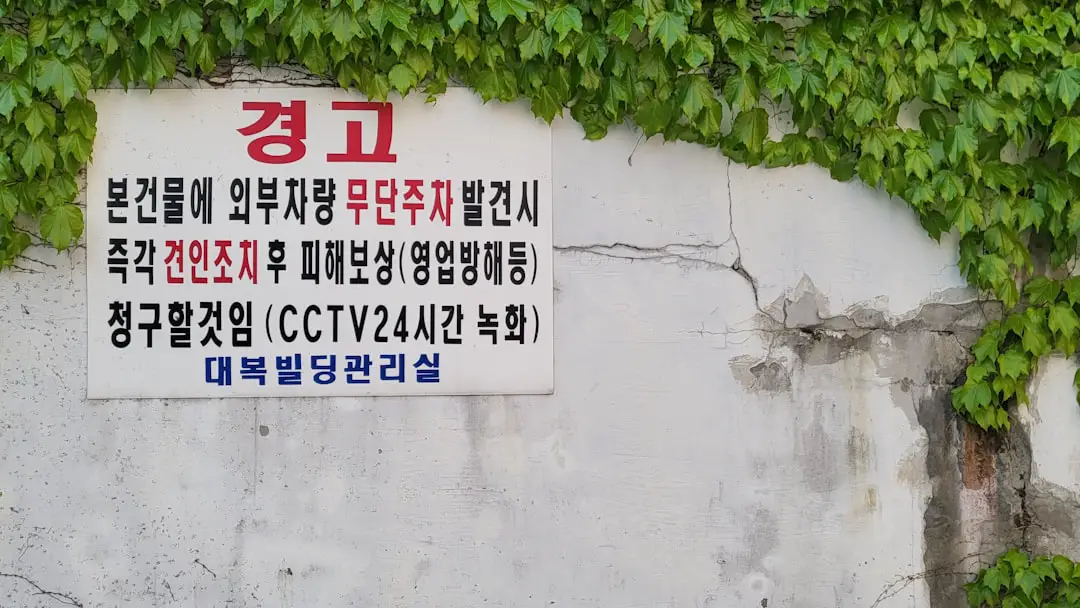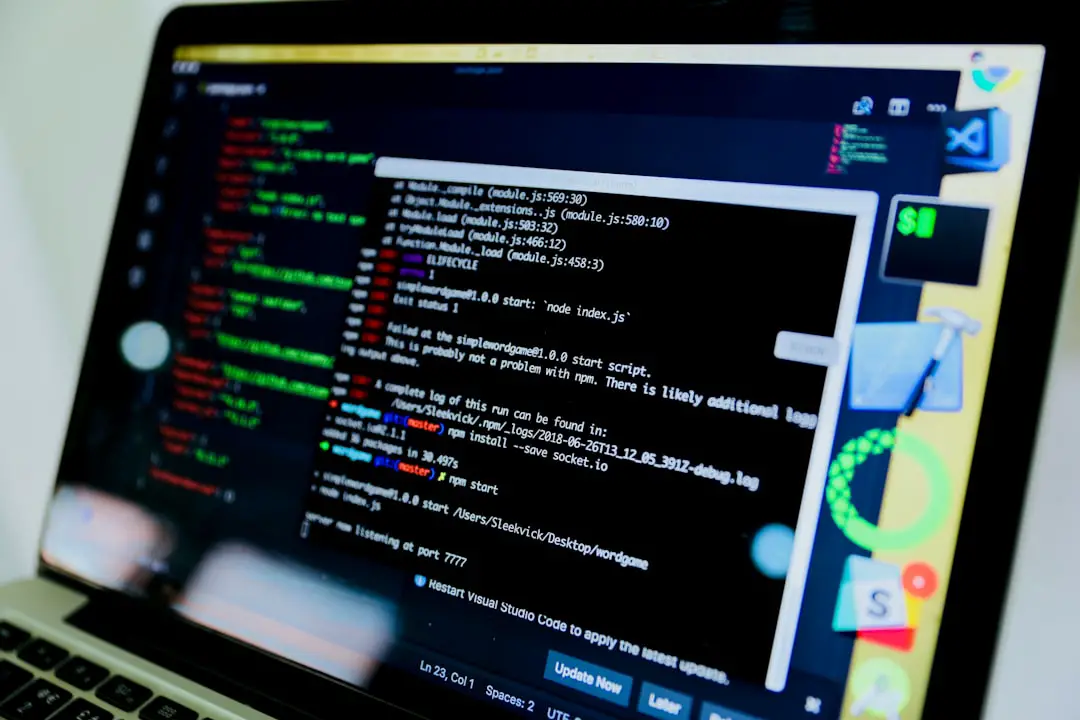In today’s digital age, the exposure of personal information can have far-reaching consequences, and nowhere is this more evident than in the case of Korean identity card leaks. South Korea, known for its advanced digital infrastructure, has faced an increasing number of data breaches involving its national identity cards, known as the Resident Registration Card (주민등록증). These leaks not only raise significant privacy concerns but also pose serious threats to national security and individual trust in the system.
South Korean identity cards contain detailed personal information, including:
- Full name
- Date of birth
- Home address
- Gender
- Unique 13-digit resident registration number
Such information in the wrong hands can be used for identity theft, financial fraud, and more alarming, tracking and surveillance targeting individuals.
What Causes Identity Card Leaks?
Several factors contribute to the breaches of Korean identity cards:
- Data centralization: The government maintains a centralized database of resident information that, while efficient, creates a single point of failure when insufficiently protected.
- Cyber attacks: Hackers often target government websites and servers, exploiting vulnerabilities to access personal records.
- Inadequate data management by third parties: Many private institutions, such as banks, hospitals, and telecom providers, require identity numbers for verification. If these organizations fail to properly secure their databases, they become a liability.
- Social engineering: Criminals sometimes trick users into providing personal details or exploit employees with access to sensitive systems.
The frequency and scale of these breaches have sparked debate over the need to reform South Korea’s approach to identity management.

Why Are Identity Card Leaks So Dangerous?
Unlike temporary passwords or credit card details, South Korean identity numbers are tied to a person for a lifetime. This permanence compels users and government agencies to confront the serious implications if such data is exposed.
Here’s why it matters:
- Identity theft: Stolen ID numbers can be used to create fake accounts, take out loans, or commit other financial crimes in someone else’s name.
- Loss of privacy: Once leaked, personal data can be sold on the dark web, placing individuals at the mercy of malicious entities indefinitely.
- National security risks: In extreme cases, foreign entities could exploit leaked data for espionage or to manipulate public trust in government systems.
In 2021 alone, over 180,000 cases of identity theft and digital fraud were reported in South Korea—many of which involved unauthorized use of identity card data. This has led to growing public awareness and calls for reform.
Government & Public Response
In response to recurring leaks, the South Korean government has taken several steps:
- Implementation of blockchain solutions to decentralize and anonymize citizen ID data.
- Stricter penalties for mishandling or selling personal information.
- Public awareness campaigns encouraging citizens to be cautious about where and how they share their ID numbers.
- Introduction of digital ID alternatives that use biometric verification or time-limited codes to confirm identity.

However, critics argue that these steps might not be enough. They advocate for allowing users to change their resident registration numbers in the event of a compromise—something currently difficult to do in South Korea.
What Can Individuals Do?
While systemic changes are essential, individuals can also take steps to protect their identity:
- Limit sharing personal ID numbers unless absolutely necessary.
- Use two-factor authentication for online accounts connected to official records.
- Monitor financial activity and credit reports regularly to detect unusual behavior.
- Report suspicious activity to authorities immediately.
Technological advancement and convenience must not come at the cost of personal safety. With increased awareness and better data governance, both individuals and institutions can help minimize the long-term risks posed by Korean identity card leaks.
Understanding the true impact of these leaks is the first step toward crafting effective solutions—before privacy becomes a thing of the past.

